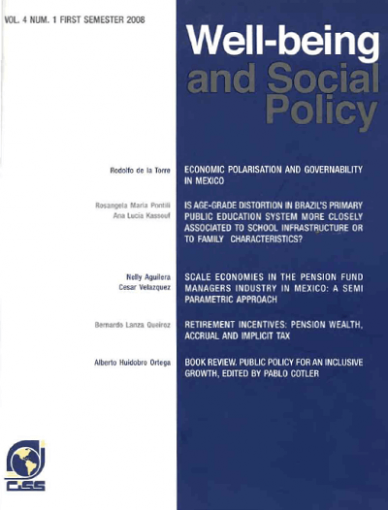
The purpose of this essay is to appraise alternative hypothesis about the origins of recent social revolt in Mexico. It shows that it is not clear that a severe rise in poverty preceded the origins of violent conflict but social polarisation. Therefore, government attempts to deactivate the economic factors that led to social unrest did not necessarily upgrade povertyreduction policies. The complexity of issues involved do not warrant simple results but the picture that emerges from the data shows a weak but steady economic recovery before the zapatista uprising. Several relative deprivation and polarisation indexes are calculated to appraise frustration and redistribution of power theories of rebellion. There was no uniform trend from frustration indicators but when relative deprivation is combined with economic polarisation and the resources of those with less income, the probability of organised revolt significantly increases before the Chiapas rebellion. It seems that the main economic thrust of civil violence was income polarisation, even for the case of the Ejército Popular Revolucionario. The evolution poverty-reduction expenditure shows that after four years of targetedprograms and a social rebellion the poorest states continued to suffer severe under-spending errors.
